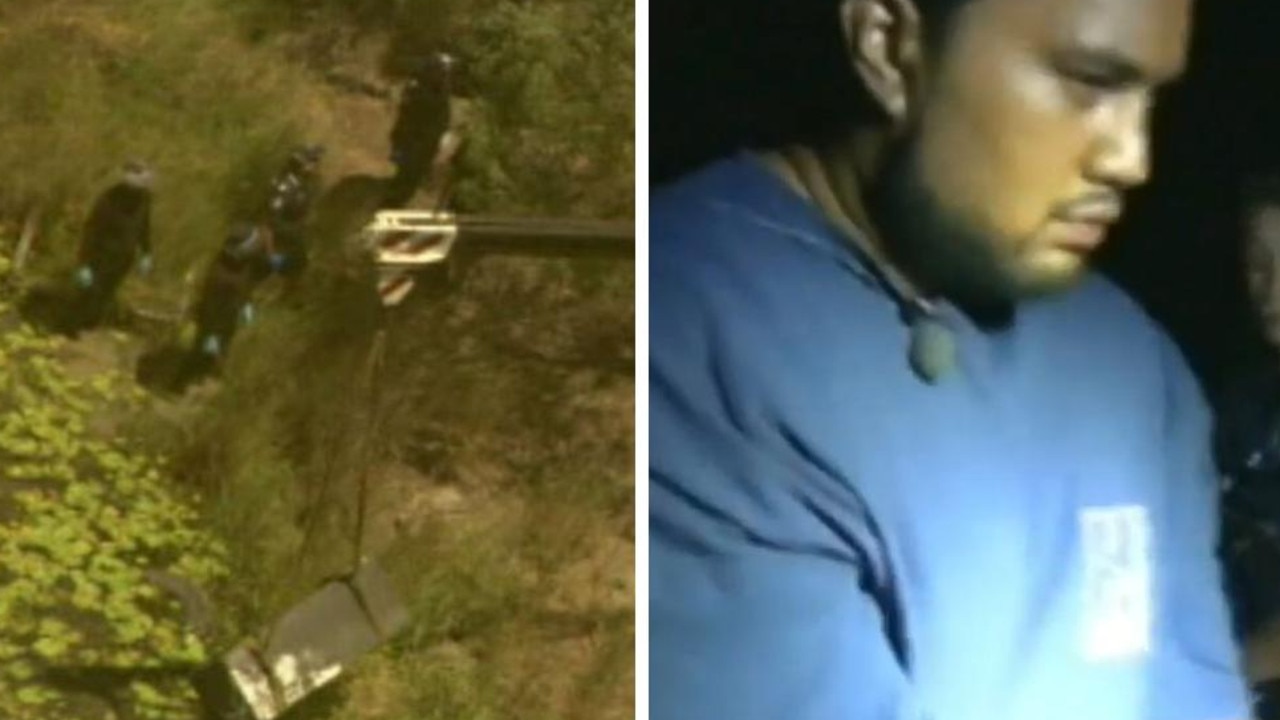A man convicted of the horrific murders of two people who were locked in a toolbox found submerged in a creek south of Brisbane has failed to convince one of the state’s highest court to quash his convictions.
Tuhirangi-Thomas Tahiata is serving two life sentences for taking part in the killings of Cory Breton, 28 and Iuliana Triscaru, 31, in 2016.
The pair were lured to a Kingston unit where they were tortured and assaulted for hours by a group of people, sparked over a photo Mr Breton had of one of the men, Stou Daniels, on his phone.
The pair were then tied up and locked in the toolbox, which was driven to Scrubby Creek, near Logan, and submerged in the water.
In February 2020, a jury found Tahiata guilty of murdering the pair.
He had not taken part in Mr Breton or Ms Triscaru’s torture but instead helped load the toolbox containing the pair onto his ute and drove it to the creek with another man, Trent Michael Thrupp, who in 2021 was convicted of murdering and torturing the victims.
Tahiata then unloaded the toolbox – with the pair still alive inside – handing Thrupp a claw hammer to punch holes in the toolbox to help it sink faster.
The Crown contended Tahiata also fired a shot from a gun into the air to silence the screaming pair.
Tahiata is required to serve 30 years before being eligible for parole.
Tahiata appealed the convictions, alleging the jury relied on inadmissible evidence involving his off-camera confession to the murders.
His legal team argued the verdicts returned were unreasonable and could not be supported by evidence.
Tahiata had argued the accounts he gave to police “differed” in such ways that the jury could not have been satisfied beyond reasonable doubt “as to the truth of any account provided by the appellant”.
The court was told Tahiata had led police to the location of the submerged toolbox containing Mr Breton and Ms Triscaru’s bodies.
Queensland’s Court of Appeal on Friday dismissed the appeal.
While they found the judge’s admission of evidence surrounding Tahiata’s off-camera confession was wrong, they found no substantial miscarriage of justice had occurred.
“If the off-camera confession had been the only evidence of the appellant admitting his culpability, it would be very difficult to consider that no substantial miscarriage of justice had actually occurred,” the appeal judgment states.
“This inadmissible confession was comprehensively subsumed by subsequent admissible confessional statements made by the appellant, which were both extensive and detailed.
“It was not open to the jury to entertain a doubt as to guilt.”
